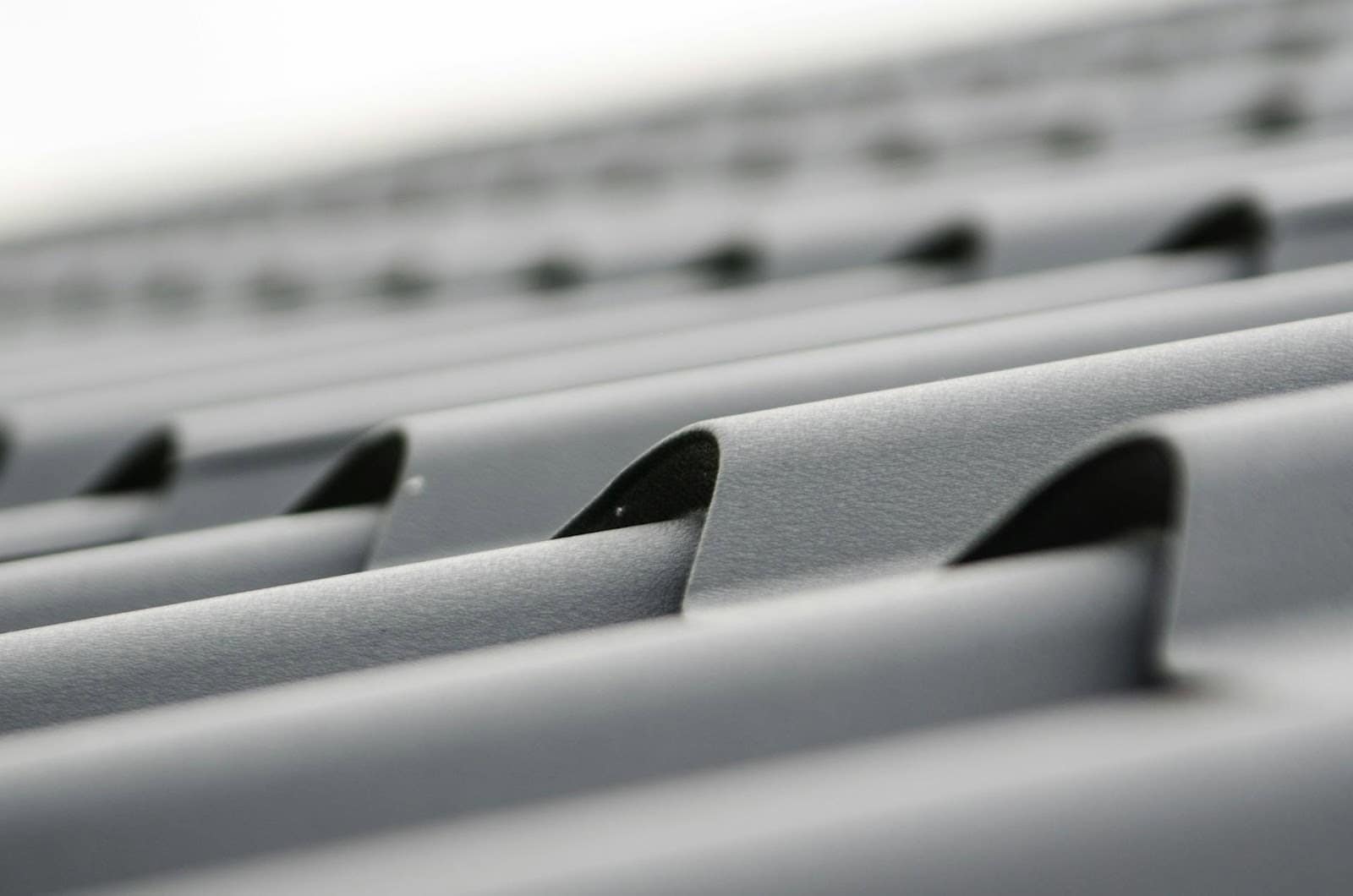You may love your home, but it also leaks, creaks, peels, rusts, and occasionally smells faintly of damp dog despite no dog in sight. Maintenance isn’t optional—it’s a constant. A slow but steady series of small repairs that, when ignored, tend to snowball into big and bank-breaking problems.
Take roofs, for example. A minor drip during a heavy rain might seem like an isolated inconvenience—until you discover the insulation is soaked, the timber has turned soft, and there’s mold blooming behind the plasterboard like it’s spring in the tropics. That’s why we often tell clients that calling residential roofing contractors in Salt Lake City before things go sideways is usually cheaper than pretending the stains on your ceiling are just ‘character’.
Here’s what we suggest every homeowner stays on top of. Seven solid tips. No fluff. No jargon. No stress—if you get to them in time.
1. Check Your Roof Twice a Year (And After Storms)
Roofs do a decent job of hiding their issues. Missing shingles, or a slipped tile may not be obvious from the ground, but they’re how water gets in, insulation gets ruined, and ceilings start to sag.
A proper inspection—ideally by someone who knows their way around a ladder—twice a year can save you from a very wet headache later. And after any storm with strong winds or hail, it’s worth a look. If you can’t see your roof without climbing up, that’s a strong sign you shouldn’t be climbing up. Let a professional handle it.
2. Clean Your Gutters (Even If You Hate It)
We all know we’re meant to do it. Most of us avoid it. But gutters full of leaves, moss, and miscellaneous gunk cause more issues than you’d think. Water spills over, soaks the walls, finds its way into the eaves, and invites rot, rust, or both.
Schedule it. Tie it to daylight savings changes, or the first weekend of spring and autumn. Or better yet, outsource it. There’s no glory in gutter-cleaning injuries.
3. Keep an Eye on Caulking and Sealants
That faint draft around your window? The one you pretend doesn’t exist? That’s often just failed sealant doing a poor job of keeping your climate control indoors and the weather out.
Recaulking windows, doors, tubs, and sinks isn’t glamorous, but it keeps water and wind where they belong. Over time, the small gaps you ignore today become the water damage you pay for tomorrow. A tube of silicone and half an hour can prevent thousands in repairs.
4. Test Smoke Alarms (Not Just for Insurance)
Smoke alarms aren’t just there to tick a box. They save lives. But they only do that if the batteries work and the units themselves are still within their service life.
Test them monthly. Replace batteries annually. If it chirps, fix it. If it doesn’t chirp, double-check you didn’t disable it last time you burnt toast.
5. Inspect the Exterior Paint—Not for Style, But for Structure
Paint isn’t just for appearances. It seals wood, shields siding, and stops UV from turning your cladding into paper mache. When paint starts flaking, peeling, or bubbling, it’s time to consider a refresh.
This isn’t about aesthetics. It’s about avoiding rot, rust, and insects that treat exposed timber like an open buffet. Especially in older homes, paint maintenance is more about preservation than presentation.
6. Service Your HVAC—Before It Dies on the Hottest (or Coldest) Day of the Year
We notice our heating and cooling systems about twice a year—right when we need them most. Which, coincidentally, is also when everyone else realises theirs isn’t working either.
Annual servicing helps catch problems early. Dirty filters, clogged drains, and minor leaks can all become system-killers if left untouched. It’s a small price for consistent comfort.
7. Don’t Ignore the Subtle Stuff—Slow Drains, Sticking Doors, and Strange Noises
Some problems whisper before they shout. That gurgling drain? It’s not just quirky plumbing—it could be the start of a blockage. Doors that stick might mean shifting foundations or expanding frames from moisture. Banging pipes, flickering lights, or cracked tiles—they’re all little clues that something’s not quite right.
Pay attention. Make notes. Then act before they become major expenses with mood swings.
Homes don’t fall apart overnight. They wear down slowly, quietly, while you’re busy living in
them. But staying ahead of small repairs means fewer big ones. And if you’ve ever tried replacing roof trusses in February, you’ll know exactly how much that’s worth.
Maintenance is never finished. But with a bit of attention and the right help, it doesn’t have to be a full-time job, either.

